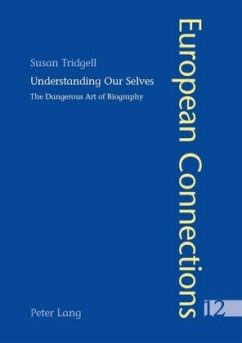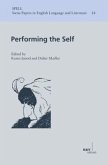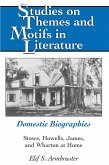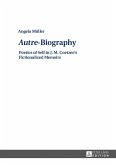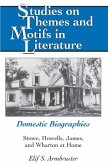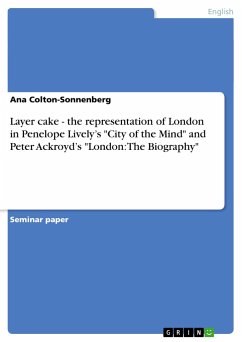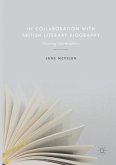Modern Western biography has become one of the most popular and most controversial forms of literature. Critics have attacked its tendency to rely on a strong narrative drive, its focus on a single person's life and its tendency to delve ever more deeply into that person's inner, private experience, though these tendencies seem to have only increased biography's popularity. To date, however, biography has been a rarely studied literary form. Little serious attention has been given to the light biographies can shed on philosophical problems, such as the intertwining of knowledge and power, or the ways in which we can understand lives, or terms like 'the self'. Should selves be seen as relational or as autonomous? What of the 'lies and silences' of biographies, the ways in which embodiment can be ignored? A study of these problems allows engagement with a range of philosophers and literary theorists, including Roland Barthes, Lorraine Code, Michel Foucault, Emmanuel Levinas, Alasdair MacIntyre, Ray Monk, Friedrich Nietzsche, Paul Ricoeur, Richard Rorty and Charles Taylor. Biography can be a dangerous art, claiming to know 'just how you feel'. This book explores the double-edged nature of biography, looking at what it reveals about both narratives and selves.
"...this is an essential work for anyone interested in biography and the self." (David McCooey, Biography)
"...Tridgell's book...defends with great success the possibilities of biography as a route to the truth about human beings. It will be an essential resource for the literary discussion of biography, which is surely due for the renaissance that biographies themselves have achieved." (James Franklin, API Review of Books)
"...Tridgell's book...defends with great success the possibilities of biography as a route to the truth about human beings. It will be an essential resource for the literary discussion of biography, which is surely due for the renaissance that biographies themselves have achieved." (James Franklin, API Review of Books)

